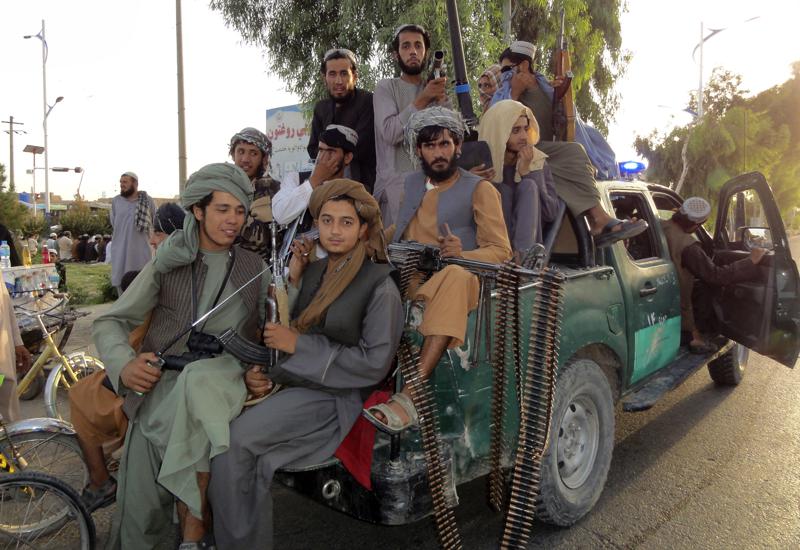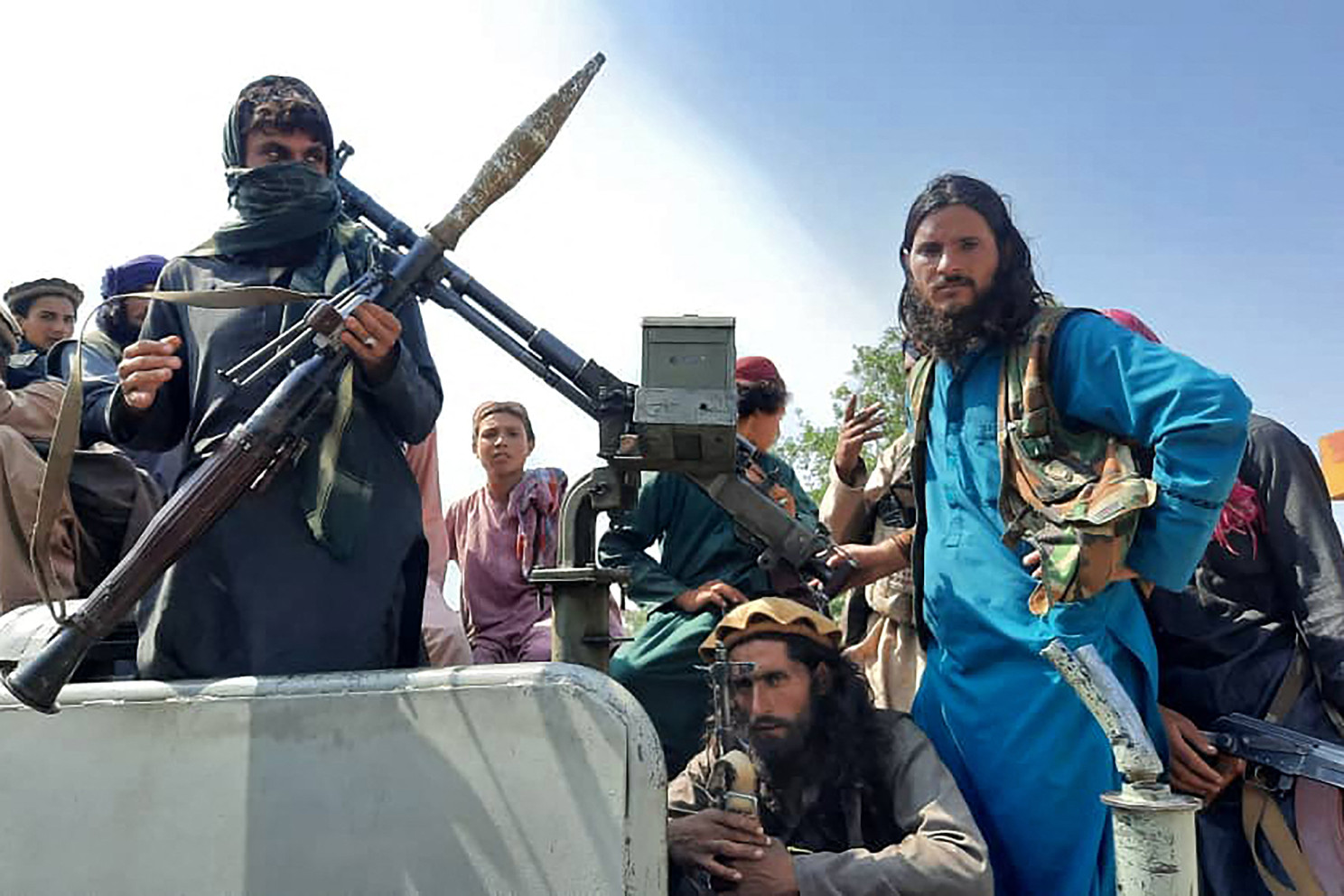
The Biden administration is preparing for the fall of Kabul and a retreat from any U.S. diplomatic presence in Afghanistan — a stunning reversal of expectations.
- It’s looking increasingly likely to high-ranking aides to President Biden that the U.S. will have no enduring diplomatic presence in Afghanistan beyond Aug. 31 — the date Biden has promised the full troop withdrawal will be complete.
Why it matters: It’s a major reversal from even a few weeks ago.
- The working assumption in Biden’s inner circle had been that Kabul could hold for the short term, allowing the U.S. to stay diplomatically engaged and help Afghan women secure their rights beyond the U.S. withdrawal.
- The 3,000 Marines and soldiers going in to help with the evacuation will also be gone by Aug. 31, we’re told.
Between the lines: Biden is at Camp David this weekend, not at his Delaware beach house. He can relax there, but also has full comms.
- People can come and go without detection, and he avoids the optics of a beach vacation amid a mass evacuation.
Why it matters: It’s a major reversal from even a few weeks ago.
- The working assumption in Biden’s inner circle had been that Kabul could hold for the short term, allowing the U.S. to stay diplomatically engaged and help Afghan women secure their rights beyond the U.S. withdrawal.
- The 3,000 Marines and soldiers going in to help with the evacuation will also be gone by Aug. 31, we’re told.
Between the lines: Biden is at Camp David this weekend, not at his Delaware beach house. He can relax there, but also has full comms.
- People can come and go without detection, and he avoids the optics of a beach vacation amid a mass evacuation.
The big picture: The U.S. embassy in Kabul wasn’t just a diplomatic building. It also was a major intelligence center with paper records and equipment there that the U.S. will remove or destroy. Protocols are in place for just such an emergency.

- Unlike Tehran in 1979, when the Iranian fundamentalists gained access to some sensitive material, the U.S. staff still in Kabul will ensure there’s nothing to gain.
- American diplomats at the embassy have been instructed to destroy important papers and desktop computers before they leave, according to a memo obtained by NPR.
Despite the efforts to secure intelligence and safeguard U.S. personnel and their Afghan supporters, Biden must brace for the symbolic defeat of seeing the Taliban overrun the space that housed the embassy.
- That includes the ambassador’s residence — and the landmark “Duck and Cover” bar frequented by generations of troops, diplomats and journalists.
The major moment to come: Lowering the American flag that flies over what is essentially sovereign U.S. territory.
- That’s typically done by the Marine Security Guard detachment that’s always on post. It’s a point of honor for the ambassador or chargé d’affaires to take custody of the flag and bring it back to State or a safe haven.
A senior State Department official told Axios: “The Embassy remains open and we plan to continue our diplomatic work in Afghanistan.”
- “The United States will continue to support consular services, including emergency services for U.S. citizens and the processing and operations of the Special Immigrant Visa program, and will continue to engage in diplomacy with the Afghan government and people.”
- “Additionally, we will continue our focus on counterterrorism. We are evaluating the security situation every day to determine how best to keep those serving at our Embassy safe. This is what we do for every diplomatic post in a challenging security environment.”
How it works: The core diplomatic team left in Kabul will be small enough to be quickly evacuated.
- “Every day counts, and they’re using the time to process SIVs [Special Immigrant Visas] for Afghans and evacuate civilian personnel,” an administration official told us.
- “Aug. 31st is a long way from now,” the official added. “We’re not going to be bullied out of there.”
- The administration official said the situation on the ground is changing so rapidly that senior officials are taking it day by day. But this reflected the thinking at the top levels of the Biden administration as of Friday night.
What’s next: Diplomats are making contingency plans with other countries to see if they’d be willing to take in Afghans who helped with the U.S. war effort and need to be evacuated under fear of Taliban retribution.
- Qatar is the big one. But conversations are happening with Kuwait and other countries, which are considering housing smaller numbers of Afghans for shorter periods.
One U.S. official in touch with a former contact in Kabul asked Friday morning how the locally employed staff — the Afghans working for the United States — is faring.
- “LES are freaking out,” the contact replied. “Everyone wants to get out of this country.”
- “I’m so worried about my family.”
- AXIOS


Leave a Reply
You must be logged in to post a comment.